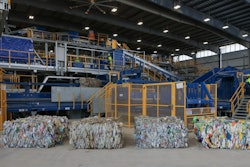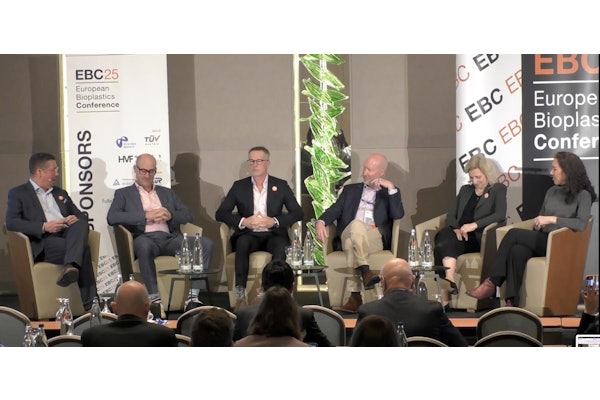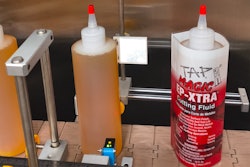Minnesota became the fifth state in the U.S. to establish an extended producer responsibility (EPR) program when Gov. Tim Walz signed the Environment and Natural Resources Budget and Policy Bill, which included the Packaging Waste and Cost Reduction Act. EPR puts varying degrees of responsibility and cost on packaging manufacturers, distributors, and brand owners rather than consumers for recycling. Under the new law, all packaging will need to be reusable, recyclable, compostable, or collected by an approved alternative collection system by 2032.
By passing the law, Minnesota joins Oregon, Colorado, California, and Maine as states with EPR programs but is the first to include boat wrap according to the Product Stewardship Institute (PSI). PSI assisted Minnesota's Partnership on Waste and Energy (PWE) in developing the initial Minnesota packaging bill. PSI used its updated packaging EPR policy model as the basis for facilitated stakeholder agreements that became the basis for subsequent conversations that led to the final bill.
AMERIPEN, the American Institute for Packaging and the Environment, supports the packaging extended producer responsibility (EPR) framework passed by the Minnesota legislature and Governor Walz. AMERIPEN spent nearly two and half years working alongside a broad array of stakeholders in Minnesota (state and local administrators and policymakers and their staff, companies up and down the entire packaging industry value chain, trade associations, etc.) to craft, draft and finalize the packaging extended producer responsibility (EPR) legislation.
"The end result represents a significant amount of compromise made along the way for everyone, but we believe in the end also represents a balanced and fair approach to expanding packaging and recycling even further in Minnesota through additional funding from those selling products using packaging," said Dan Felton, Executive Director of AMERIPEN. "With its shared responsibility approach to funding and running the systems, and no overly aggressive performance requirements for anyone, including producers, we believe other states contemplating packaging EPR should strongly consider the pragmatic and realistic approach being taken in Minnesota as packaging EPR continues to emerge and become reality in the U.S.
Per AMERIPEN, packaging producers will begin paying for recycling costs in Minnesota starting at 50% in 2029, 75% in 2030, and 90% in 2031 and beyond. Service providers must also register and meet performance standards for reimbursement based on competitive bids, and local governments will continue to be engaged partners. A producer responsibility organization (PRO), formed by packaging producers, will establish a process and reimbursement model for only core recycling functions for residents and limited other entities. Under this framework, PRO can remain focused on core activities without the burdens imposed by EPR laws in other states, such as artificial timelines for arbitrary recycling targets; mandates to fund recycling for massive commercial operations that can manage their own recycling costs or landfilling; and unrelated mandates around packaging composition.
In response, WWF called the bill's passage one more step to keeping plastic out of nature.
“Extended Producer Responsibility policies in states like Colorado, California, and now Minnesota provide the necessary infrastructure, economic incentives, and accessibility for consumers to ensure plastic waste is managed sustainably,” said Alejandro Pérez, senior vice president of policy and government affairs. “The leadership of Governor Walz and Minnesota lawmakers in enacting this transformative new law will incentivize companies to reduce their plastic footprints with responsible business practices and ensure that less waste pollutes our planet.”
The Supplemental Budget Bill also establishes a first-in-the-nation EPR program for boat wrap. According to PSI, Minnesota leads the nation in boats per capita, with roughly 14,500 vessels per 100,000 population. 180,000 to 300,000 boats must be winterized every winter, but protecting these boats requires wrapping them in millions of pounds of plastic film, most of which is landfilled in the spring. The new EPR program requires producers of boat wrap to fund and manage a statewide product stewardship program that reduces landfill disposal and promotes boat wrap recycling. Producers must submit stewardship plans by March 1, 2025, for MCPA review.


























